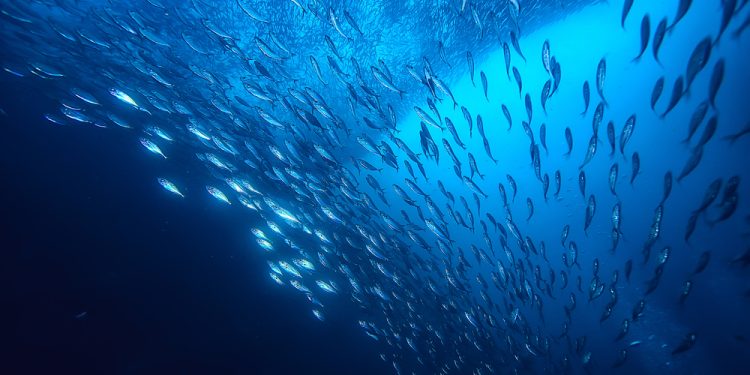Oceana denounces weaknesses in Mediterranean fisheries management plan – While trying to find a balance between fishermen’s needs and environmental sustainability, an alarming observation is being made in the Western Mediterranean. Despite the start of the Decade of Ocean Sciences for Sustainable Development, Oceana, the ocean conservation organisation, has issued a warning about the slow progress in the conservation of fish populations. The urgent need to recover fish species clashes with reality: the steps taken are insufficient compared to the speed required by the current environmental emergency.
France, Italy and Spain find themselves at the centre of criticism for failing to implement sustainable management of key species such as hake, mullet or Norway lobster. According to the scientific assessment of the EU’s multi-annual fisheries management plan, although efforts have been made to limit the impact of fishing and reduce discards, the exploitation rate of many demersal fish stocks remains worrying.
O’NGO stresses that in a context of widespread overexploitation, the consequences loom large for both marine biodiversity and the fishing industry, whose well-being depends on healthy marine ecosystems. Only 29% of fish populations are known to be sustainably exploited, with most still subject to overfishing or unknown exploitation rates.
The multi-year plan, effective from 2019, aims to ensure sustainable exploitation of six demersal fish species by 2025. Despite the introduction of specific measures such as reducing the number of fishing days for trawlers, freezing the number of days for longliners, and establishing closure periods, progress was deemed too slow.
The evaluation by the Scientific, Technical and Economic Committee for Fisheries (STECF) is crucial for future policy formulation. It will be the basis for the European Commission’s report to the European Parliament and the Council by 17 July this year. From 1 January 2025, when all fish populations in the western Mediterranean must be sustainably exploited, France, Italy and Spain will have to ensure that their fishing quotas are sustainable and take corrective action for those species that fall below certain abundance thresholds.
The STECF report serves as a wake-up call for urgent action and corrective measures to preserve the viability of the Mediterranean Sea. Its appeal is not only for marine biodiversity but for the entire coastal community that depends on the health of the oceans for its livelihood.
Oceana denounces criticalities in the Mediterranean fisheries management plan







